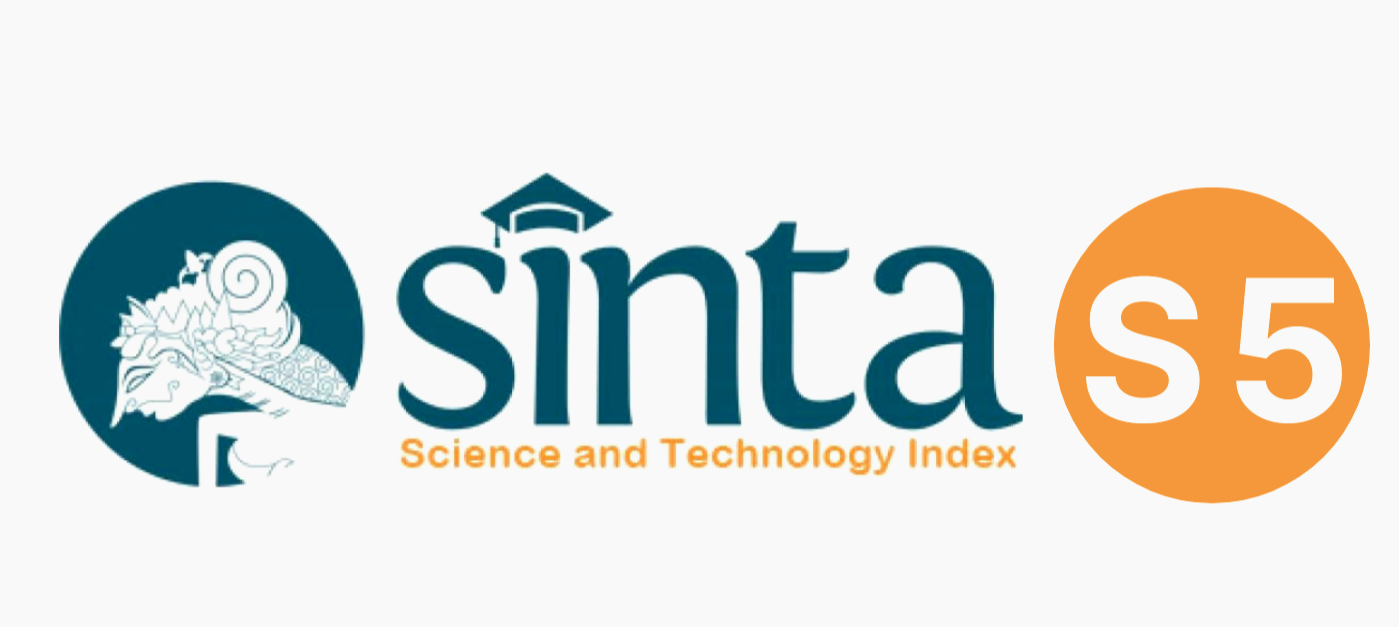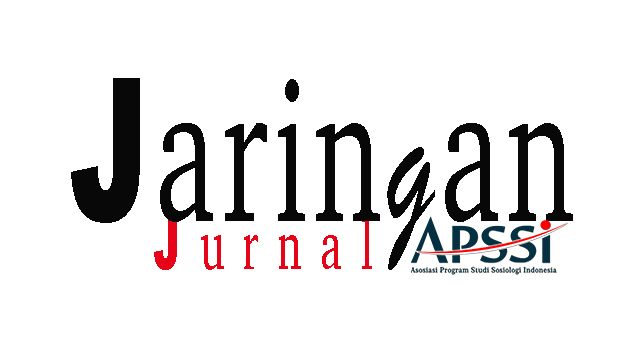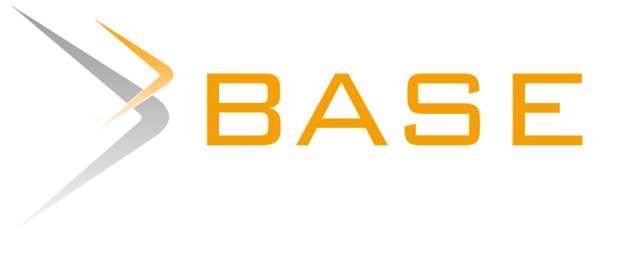Modal Sosial Sebagai Strategi Pengelolaan Usaha Perkebunan Karet Rakyat
 Abstract: 212
/
Abstract: 212
/  Abstract: 70
Abstract: 70
DOI:
https://doi.org/10.47753/je.v2i2.47Keywords:
social capital, rubber marketing strategy, rubber farmer's welfareAbstract
Rubber-people plantation in Banyuasin Regency has been entrenched in the daily life of society. Generally cultivated by small scale farmers (narrow) with traditional systems. In contrast to that cultivated by government / private companies, where the exploitation is done on a large scale with modern technology systems. However, judging by the proportion of the area, the rubber-people plantation still dominates, so the business is worth considering, because it can determine the dynamics of Indonesian cultivation. Research is a qualitative study, and is descriptive. Data analysis using data triangulation method. The results showed that the elements of social capital: First, the trust is seen from the citizens who are members of Gapoktan (farmer group) entrust the result of lead (rubber latex) to the chairman of Gapoktan. This is because every Gapoktan usually make a turn every night to keep the rubber latex that has been frozen tesebut not lost. Members who get shift guard is a citizen who participated in Gapoktan. Second, the network obtained from fellow Gapoktan members (with other Gapoktan), from tauke and from the agricultural service. If a strongly created social network, then strong trust will arise as well. Third, social responsibility can be mutual trust of Gapoktan members, as well as maintaining the quality of rubber products to remain qualified; and fourth, Cooperation requires rules, norms, responsibilities, and mutual trust among community members. Similarly, members of farmer groups can be considered important and most decisive. The results showed that the farmers group considered the element of cooperation considered very important in the formation of social capital. Furthermore, the marketing strategy used is with the auction market. Prior to the auction market, the farmers sell the rubber to the collecting traders in the village, either settling or coming on the day of weighing a certain day, once two weeks according to the farmer's habit. The advantage of auction market is the selling price is much higher than the price outside the auction market, the quality of rubber is very decisive prices, honest scales, all official charges, compared with price differences, low fees for auction operations is not a problem. Then, with the sale of rubber by auction or tender is very helpful to farmers economy to be prosperous as it is today. The development of smallholder estates in Talang Ipuh and Air Senggeris, assisted by the Banyuasin district government in addition to impacting the economic welfare of its people, also has an impact on the environment of both the community and environment in the plantation area.References
Boulle, Jacqui (Ed). 2004. Praktek Terbaik Penerapan Pendekatan KPEL (Buku I: Daerah Pilot) Kemitraan Bagi Pengembangan Ekonomi Lokal. Badan Perencanaan Pembangunan Nasional – United Nations Development Programme – United Nations Human Settlements Programme. Jakarta.
Damsar, Prof. Dr. 2011. Pengantar Sosiologi Ekonomi. Jakarta: Kencana.
Dendi, et al., 2004. Menanggulangi Kemiskinan Melalui Pengembangan Ekonomi Lokal: Beberapa Pelajaran dari Nusa Tenggara. Dirjen Bina Pembangunan Daerah Departemen Dalam Negeri – GTZ (Deutsche Gesselschaft fur Technische Zusammernabelt GmBH). Jakarta.
Field, John. 2010. Modal Sosial. Bantul : Kreasi Wacana.
Fukuyama, F. (2002). Social Capital and Development: The Coming Agenda. SAIS Review, 22(1), 23–37. https://doi.org/10.1353/sais.2002.0009
Miles, M. B., Huberman, A. M., & Saldaña, J. (n.d.). Qualitative Data Analysis.
Rudi, L., Haikal, H., Bau-bau, P. A. A. W., & Yogyakarta, U. N. (n.d.). Pendahuluan, 1, 27–42.
Source : Robert C . Bogdan and Sari Knopp Bilken , Qualitative Research for Education : An Introduction to Theory and Methods , Second Edition , Boston : Allyn and Bacon , 1992 , p . 235 . Developing and Conducting a Survey 1. (2001), 2001.
Voydanoff, P. (2001). Conceptualizing community in the context of work and family. Community, Work & Family, 4(2), 133–156. https://doi.org/10.1080/713658928
Wiranto, T. (2004). Pembangunan Wilayah Pesisir Dan Laut Dalam Kerangka Pembangunan Perekonomian Daerah, (September), 1–9.
Downloads
Published
Issue
Section
License
Articles published in Jurnal Empirika are licensed under the International License of Creative Commons Allowance-ShareAlike 4.0. The author is free to use any media to copy, change, or redistribute the paper, provided the author gives credit to the original author and this journal, links to the license, shows if modifications have been made, and redistributes it in the same permission. The author grants the right to any third party to use their posts following the Creative Commons Attribution-Share Alike International 4.0.











